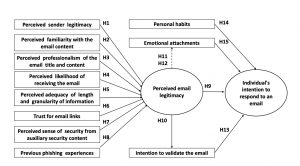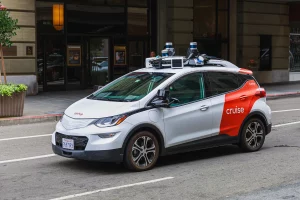‘Google Generation’ is a myth, says new UK research
The first ever virtual longitudinal study carried out by the CIBER research team at University College London claims that, although young people demonstrate an apparent ease and familiarity with computers, they rely heavily on search engines, view rather than read and do not possess the critical and analytical skills to assess the information that they find on the web.
The report Information Behaviour of the Researcher of the Future (pdf, 1.7 mb) also shows that research-behaviour traits that are commonly associated with younger users – impatience in search and navigation, and zero tolerance for any delay in satisfying their information needs – are now becoming the norm for all age-groups, from younger pupils and undergraduates through to professors.
Commissioned by the British Library and JISC (Joint Information Systems Committee), the study calls for libraries to respond urgently to the changing needs of researchers and other users. Going virtual is critical and learning what researchers want and need crucial if libraries are not to become obsolete, it warns. “Libraries in general are not keeping up with the demands of students and researchers for services that are integrated and consistent with their wider internet experience”, says Dr Ian Rowlands, the lead author of the report.
The findings also send a strong message to the government. Educational research into the information behaviour of young people and training programmes on information literacy skills in schools are desperately needed if the UK is to remain as a leading knowledge economy with a strongly-skilled next generation of researchers.




